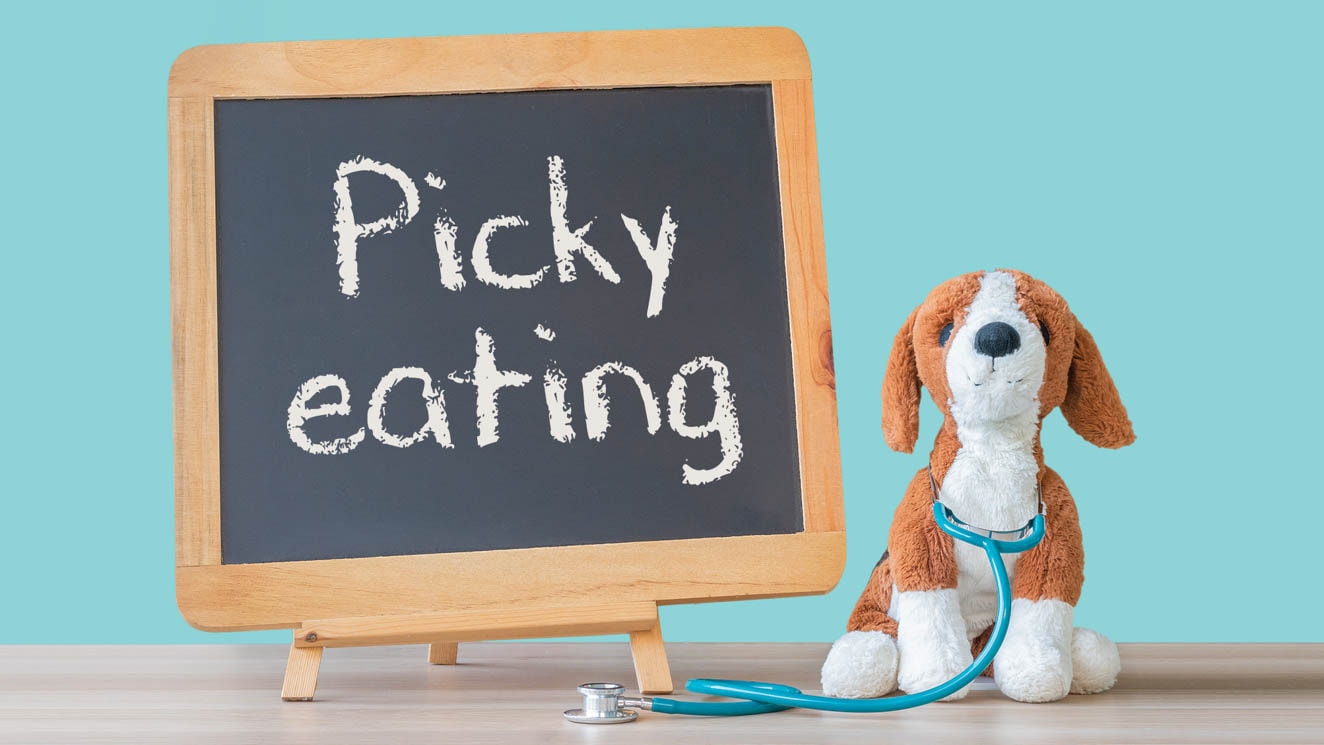

O nce you become a parent, you’re always at the pediatrician’s office. Or so it seems, anyway. Even if your child is healthy, in the first year alone you can find yourself at the doc’s a dozen times or more between well-visits and immunizations. With that in mind, I thought I’d share a few tips that can help strengthen your doctor-parent relationship and make your time together more effective.
1. Prepare your child (but don’t over-promise).
A little Doc McStuffins action — i.e. fixing up toys and dolls — before a visit can go a long way. Any kind of role-playing games at home in which your child gets to play doctor and run the show can be really helpful. What doesn’t help so much: telling them they’ll get no shots when they might indeed need one, or telling them shots don’t hurt when, let’s face it, they don’t feel great.
2. Write down questions in advance.
Especially when kids are young and tend to interrupt at every turn, it’s easy to get distracted at doctor visits and forget to share your concerns. There’s a concept in medicine called the “hand-on-the-door” question — that question a doctor gets as he/she is heading out at the end of a visit. Often this is the question that represents the patient’s true fear and the one the doctor needs to take the most seriously. But it comes when the doctor is most likely to be ready to move on and respond with a too-quick answer. Having those questions written down in advance of the appointment helps ensure that your concern will be addressed with the depth it deserves.
3. Show up early.
Before I became a doctor, I was not a punctual person. I grew up in a family in which getting somewhere 20 minutes late was basically the equivalent of being on time. So I get it, life makes it hard to get places on time, and children don’t make it any easier. But showing up with time to spare means (a) you get more time with your doctor to make sure all your concerns are addressed thoroughly, (b) there’s more time for chitchat and playful banter with your kiddo to keep the visit relaxed and (c) the next 10 parents/children aren’t dealing with the domino effect of that doctor running behind.
4. Don’t hold back your honest fears.
This sounds obvious, but it helps to know what you’ve been learning (even if it’s from Dr. Google) so we can have a more productive discussion about evaluation or treatment. Contrary to what a lot of my patients believe, most doctors don’t mind if you turn to the internet for info (it’s certainly what I do when I’m trying to understand what my car mechanic told me!). We want to help guide you towards using validated, evidence-based sources to help you avoid spiraling into an oh-my-god-this-is-cancer whirlwind of worry at 3am. But if you’re already in that spiral of worry when you come to the office, I want to hear it. I can usually help reassure you that your child’s rash is not a sign of a flesh-eating-bacteria, or that her nose bleed doesn’t signify a bleeding disorder.
5. Make sure the adult who brings the child is in the loop.
I’m a big fan of the village mentality when it comes to raising children. I’m happy to chat with those super-star grandparents or the nanny or kind neighbor. But since the problem-solving nature of medicine requires digging through the history to figure out when to worry or not, it’s crucial to make sure that someone who knows all the details about a child’s symptoms is available.
6. Speak up if you disagree!
Every now and then I can see in a parent’s eyes that they’re not quite buying what I’m saying. Maybe they’re still skeptical of the flu vaccine, or worried that daily treatment for the asthma isn’t necessary yet, or they really just want antibiotics despite the fact that their child only has a cold. Regardless of the issue, our parent-doctor relationship is usually strengthened by talking about that skepticism directly rather than skirting around it.
7. Say thank you.
This is not a necessity. Pediatricians are here to help take care of your children and keep your family healthier. But there’s a human component that’s unavoidable, and turns out that saying thanks goes a long way towards strengthening the doctor-patient bond. There are studies showing that expressions of gratitude can reduce burnout in doctors, and doctors with lower burnout provide better quality of care.







